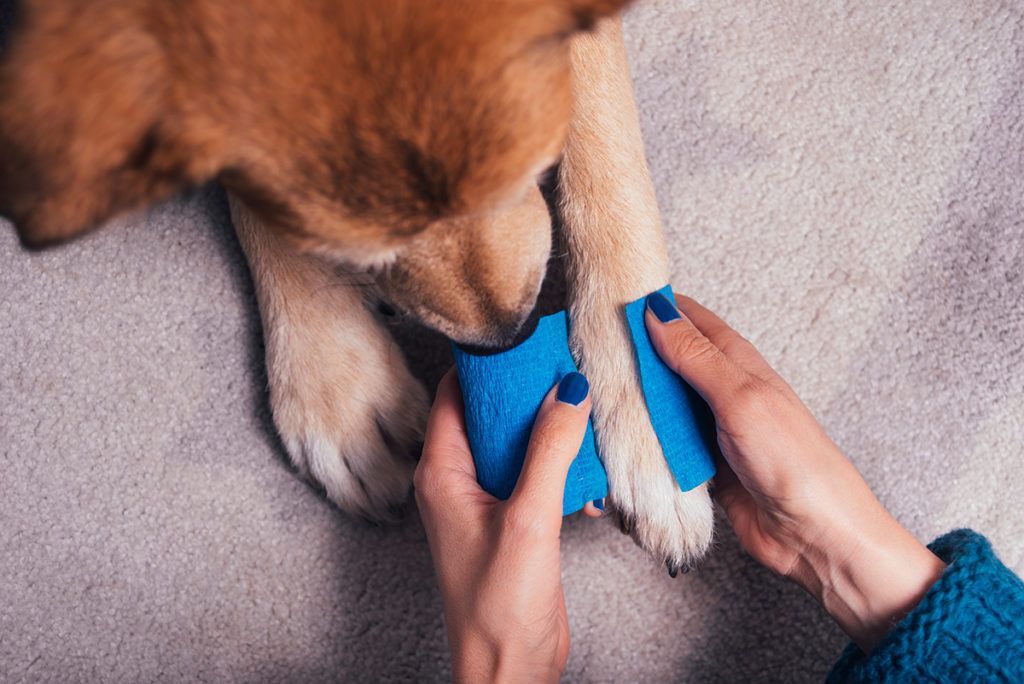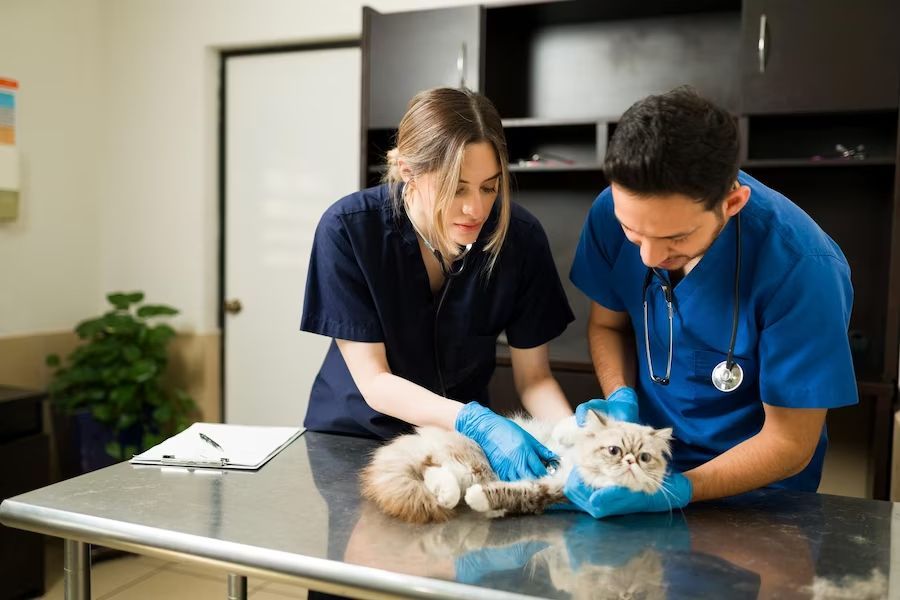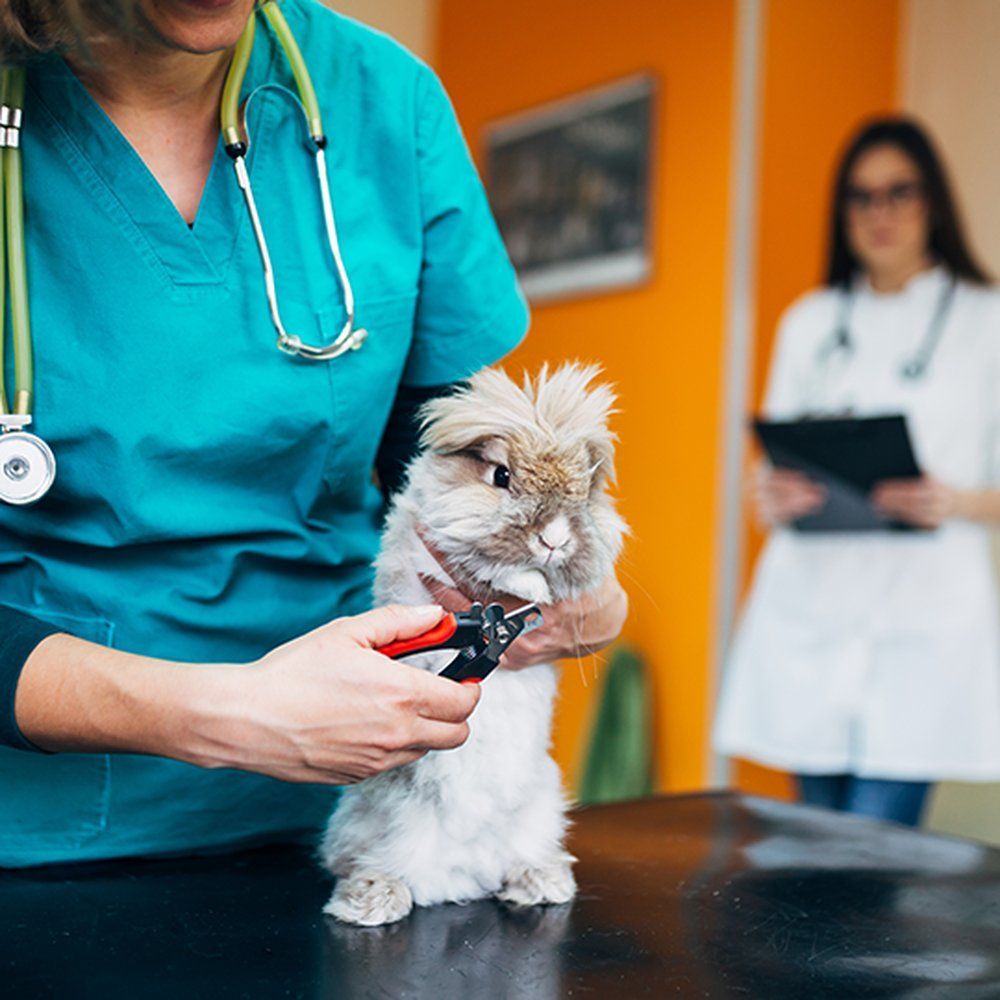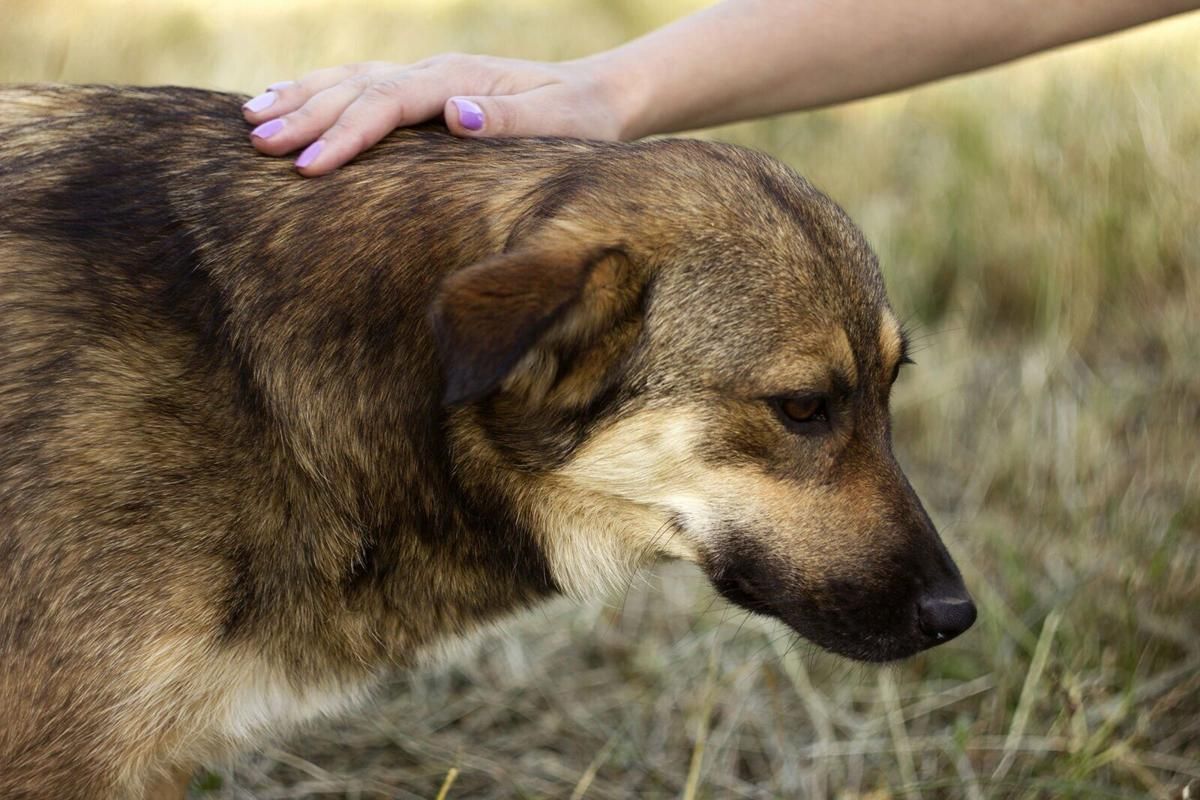Dog Nosebleed: 6 Causes
If your dog had or is currently experiencing a nosebleed (epistaxis), it’s normal to worry. Given nosebleeds are somewhat uncommon in dogs, many pet owners find this symptom concerning as well alarming, and want to do something to treat it right away.
In the article below, you’ll find a list of some of the most common causes of nosebleeds in dogs to help you better understand this condition. You can use this guide to narrow down the possibilities for your pet and decide when it might be time to talk to your vet for more information. Read on to find out more.
6 Main Causes
Listed below are the 6 main causes of nosebleed in dogs:
1. Trauma
Trauma is one of the most common causes of nosebleeds in dogs. Trauma may include any type of injury to the nose or snout, and even a mild injury can sometimes cause a nosebleed that lasts for a while. Injuries to the bones of the snout, the mucous membranes (inside) of the nose, or the exterior of the nose all have the potential to cause a nosebleed.
In mild to moderate cases of trauma, your pet’s injury and nosebleed will often clear up on its own. However, in moderate to severe cases, you may need to take your pet to the vet or emergency vet to receive treatment.
2. Tumor
Cancerous (benign or malignant) nasal tumors, can develop in the nasal cavity or sinuses and subsequently lead to the development of nosebleeds in dogs. Dogs that experience nosebleeds secondary to a tumor in the nose tend to be older, and will generally experience nosebleeds with increasing frequency as the tumor grows larger. If your dog is diagnosed with a cancerous tumor in or around the nose, you can probably safely assume his or her nosebleeds are caused by this problem.
Many times, nosebleeds are a common occurrence with nasal cancers. However, if your dog is experiencing new or worsening nosebleeds, or if any other symptoms (e.g. trouble breathing, coughing, vomiting/diarrhea, coughing, inappetence, lethargy, etc.) are observed, evaluation by a veterinarian is warranted.
3. Oral Diseases
Certain types of dental diseases can lead to nosebleeds in dogs as well. Since a dog’s nose is near the mouth, problems that affect the mouth can often affect the nose, too. Nosebleeds can arise from injuries to the mouth or gums, damage to the teeth, poor oral hygiene, and severe dental infections, among other problems.
If your dog’s problem is a sudden, acute one, you may need to see a vet or emergency vet for treatment. Otherwise, if your dog is already receiving treatment or undergoing management for their oral health issues, you may not have to go to the vet every time a nosebleed occurs.
4. High Blood Pressure
Hypertension (high blood pressure) can sometimes contribute to nosebleeds in dogs. While hypertension is much less common than other reasons listed as a sole cause of nosebleeds in dogs, it can still lead to and/or exacerbate nosebleeds caused by other conditions. Given such, assessment of blood pressure is often only part of the diagnostic work-up for nosebleeds in dogs, and evaluating for other conditions by means of bloodwork and diagnostic imaging tests is imperative in order to make the correct diagnosis, and best treatment plan for your pet.
Hypertension is often silent, meaning there are few clinical signs pets display at home that may lead an owner to suspect their pet has hypertension. However, if you suspect your dog may have high blood pressure, talk to your vet about it so they can make a formal diagnosis. From there, your vet can help you select the best treatment or management options for your dog and will frequently recommend putting your pet on blood pressure medication(s), too. It is important to follow your vet’s guidance when managing blood pressure issues in your dog, as rechecking blood pressure values periodically as time progresses with or without the initiation of blood pressure medications is essential.
5. Bleeding Disorders
Dogs affected by conditions that lead to low blood cell counts such as anemia (low red blood cell counts) or thrombocytopenia (low platelet counts) can experience nosebleeds as well. In addition to such, dogs can also suffer from diseases that affect their bloods ability to coagulate (clot), and even with normal blood cell counts, can still experience blood loss such as that from a nosebleed. Nosebleeds can sometimes be the first symptom we observe with a bleeding disorder. Thrombocytopenia, anemia and/or impaired blood coagulation can be the result of a primary disorder of the body such as an autoimmune condition or genetic disease, or occur secondary to something else, like tick-borne infections, rodenticide ingestion or certain medications to name a few.
Symptoms of blood disorders can present suddenly like with a nosebleed, or slowly over time and be more vague or non-specific. If you suspect your dog may have a blood disorder, it is important to talk to your vet. Pursuing yearly physical exams and bloodwork testing is important so that your vet can monitor for changes in your pet’s blood values as they age. The potential for dogs to develop bleeding disorders at any stage in their life also stresses the importance of providing year-round prescription parasite prevention to your dog and opting to pursue bloodwork testing prior to any surgical event, where blood loss can be expected.
6. Foreign Body
Finally, a foreign body lodged within a dog’s nose will, in many instances, lead them to experience nosebleeds. Dogs are prone to accidentally sniffing foreign bodies up into their noses, and this can happen with pieces of food, plant matter, parts of chewed toys, and other substances your dog may encounter, too.
If your dog inhales a foreign body into his or her nose, it is important to remove the object right away. A foreign body in the nose has the potential to cause airway obstruction and could be further inhaled into the respiratory or gastrointestinal tract, leading to serious complications and even the risk of death. If you cannot safely remove the object yourself, promptly bring your dog to the nearest emergency vet for assistance.
Contact 24/7 Local Veterinarian if Your Dog Has a Nosebleed
Although this list does not include all of the possible causes of nosebleed in dogs, it can help you get a better idea of what to expect if your pet is experiencing a nosebleed. Unless your dog has a diagnosis for the cause of historical nosebleeds and treatment plan (long term and emergent) in place, or you are able to identify the cause of his or her nosebleed at home (e.g. bumped into the wall) and resolution occurs within a short period of time, it is recommended to have your dog evaluated by the vet.
If you are unsure what is causing your dog’snosebleed or if it occurs for a prolonged period of time (or recurring frequency) without resolution, seeking care with an emergency vet is advised for prompt investigation and treatment.
Contact 24/7 Local Veterinarian by calling one of our locations. We have locations all over the country with emergency vets who are available 24/7 to help you and your pet. When you come to a 24/7 Local Veterinarian, our team will help investigate the cause of your dog’s nosebleed, and you can rest assured that your pet will get the proper care they need.
Contact with your local vet for the best advise
Resource Center









